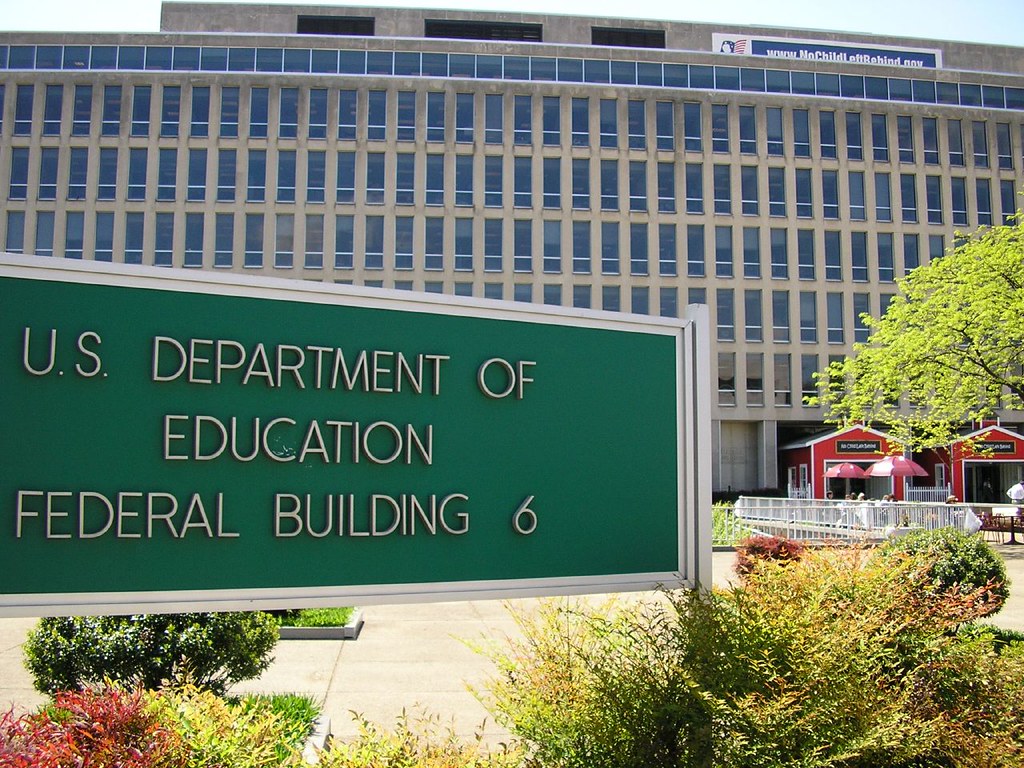
Teaneck—More than 1,000 mourners packed into Congregation Bnai Yeshurun on Motzoei Shabbos. February 22, as rabbis and family members offered words of praise and farewell in their eulogies for an outstanding role model, a champion of tzedakah, Rabbi (Yosef) Yossie Stern. Known to those who loved him simply as Yossie, this pillar of the community succumbed after complications from heart surgery. He was just 64 and his untimely death was shocking. “So much of what he did we will never know—but he changed the world,” said Rabbi Ephraim Wachsman of Monsey, in his eulogy of Stern, who was a member of CBY since the late 1970s.
The turnout was much larger than expected. Police car headlights and flares lit the night as officers attempted to direct traffic; an adjacent room in the beis midrash was opened so those standing in the back could sit, but it was standing room only and the overflow crowded the hallways.
Rabbi Yossie Stern was born in 1949 in Brooklyn to Holocaust survivors and moved to Teaneck with his young family about 40 years ago. He started his career as a teacher and eventually went into the jewelry business. It was during this time that he became aware of a family in his shul that was in deep trouble, and decided to refocus his life on helping others, in a modest, unassuming, and confidential way.
In 2001, the rabbi became founder and executive director of what is today one of Jewish Bergen County’s most prized chesed organizations and a model for others in the Jewish world: Project Ezrah. It was his brainchild; he personally developed its goals, priorities and protocols. When we praise the good Project Ezra does, we are praising Yossie Stern.
Project Ezrah and its staff, its associated volunteers, contributors and board members do chesed every day in our community, and there is a time and place to talk about the project. But now is the time to acknowledge the individual contributions of its leader—who never sought the spotlight, who never took credit; who was a model of human kindness and a giant of chesed.
“We don’t know what it’s like when a pillar is removed from us. His life was bounded by Torah, avodah (work) and gemilus chassadim (acts of kindness),” said Rabbi Steven Pruzansky, mara d’asra (spiritual leader) of Congregation B’nai Yeshurun and a close friend of Rabbi Stern. Pruzansky told some stories of his personal regard for Stern, sharing how he was a gavra rabba. A gavra rabba, according to Rabbi Isaac Bernstein, z”l, is not simply a talmid chacham (an expert in Talmudic law), but someone who lessens Jewish suffering, someone who loves Jews so much, he will do whatever necessary to lessen their pain.
Pruzansky said Rabbi Stern was a great friend and a personal support to him and many others in the community. He was a fixture in the shul, often learning b’chavrusa (with a partner) at all hours of the day and night, and always present in a quiet supporting way, never without a caring, friendly face.
“His mindset, his goal was always on the prize—to bring help and comfort to Jews,” Pruzansky said. “He helped hundreds of people get back on their feet. His goal was to help people in the short term, put them back on their feet, with self-respect. He always said this to others: You will weather this storm, you will be able to handle your finances, you will recover, and you will help others.”
“Many of these stories cannot be shared,” said Rabbi Ari Zahtz, Congregation B’nai Yeshurun’s assistant rabbi. He was referring, of course, to the private struggles of so many in the community. People who stood to lose not only their homes or possessions, but their children, their marriages; people who needed urgent help in the short term, and a new vision for their lives in the longer term.
Sometimes, these were not people simply down on their luck, or having a little trouble finding a new job; there were difficult cases, people who needed a reason to get up every day and continue. In some cases, people who came to Rabbi Stern needed a new career; in other cases, clothing and food and help with the rent. But in all of the cases, they needed a loving heart and a kind face to tell them it was going to be okay.
Rabbi Zahtz described how when we experience something traumatic in life, we “can choose to take it with us in our lives, or leave it behind,” he said. Rabbi Stern decided to take his experiences, and the stories of others, and use what he learned to help more people. The effects are beyond measure. “His work and effect on Bergen County cannot be fathomed.”
“Even when things are difficult, especially when things are difficult: ‘It’s all good,’ my father would say,” said Shai Stern, one of Rabbi Stern’s sons. This too, is min hashamayim (from heaven).
“If you blend the loving heart to want to help someone, with the chachma to understand how to help someone, that was Rav Yossie,” said Rabbi Wachsman.
“He was my rebbe in chesed. He taught me what it means to care,” said Zahtz.
Rabbi Stern is survived by his wife Rivka, and children Devorah, Nava, Shai and Effie and their families.











